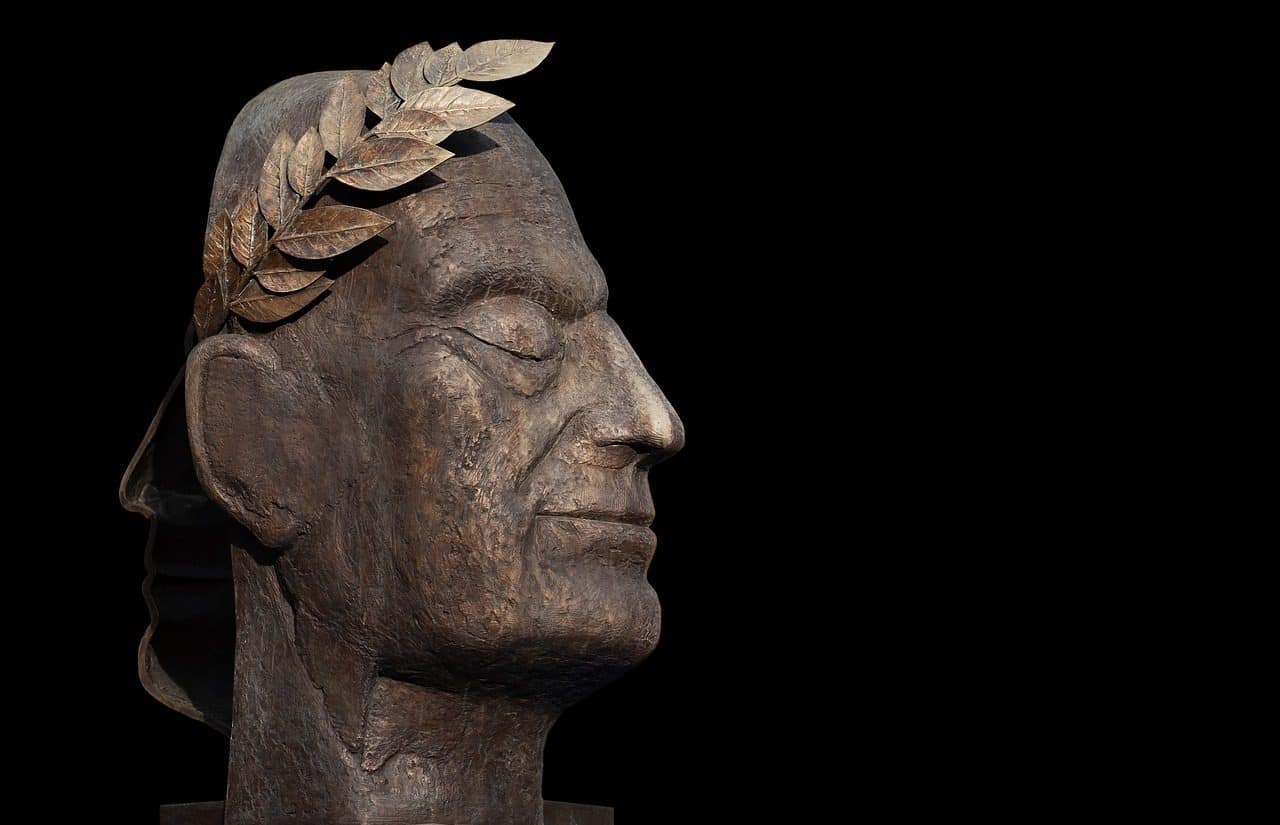
The action of ceasing means interrupting, pausing or stopping something.
Cesar is a term that has different uses according to its way of writing and its accentuation . It is possible to distinguish between Caesar , Caesar , Caesar or Caesar , all words that refer to different issues.
When the word is written with a lowercase initial letter and is accented on the letter A ( cesar ), it is a verb that refers to the act of interrupting, ending or completing something . For example: "I'm not going to stop until I see my son's murderer in jail," "Can you stop with that noise?" "I'm trying to sleep," "It's been raining non-stop for several hours."
Ceasing an action, in short, means stopping its development . If a person is carrying out work to renovate their house, they can choose to stop work when summer arrives. This implies that the work will not be carried out in said period . Then, it is possible to resume them. In other cases, the cessation is definitive: a company that declares bankruptcy , fires its workers and closes its doors is forced to cease its activities forever.
Places named Caesar
Cesar , with a capital C and accentuation on the A , is the name of a Colombian department that has more than one million inhabitants and whose capital is Valledupar . Other municipalities of Cesar are Aguachica , Agustín Codazzi , Bosconia and Chimichagua .
The Cesar River , for its part, arises in the Sierra Nevada de Santa Marta , in Colombia . After traveling about 280 kilometers, its mouth occurs in the Ciénaga de Zapatosa .
In the Portuguese municipality of Oliveira de Azeméis , there is a parish called Cesar . It has an area of less than 7 square kilometers and a population of just over 3,200 inhabitants.

Cesar is the name of a department in Colombia that has more than one million inhabitants.
a male name
César , with a capital initial and an accent on the E , is a masculine proper name. The Roman dictator Gaius Julius Caesar , the Peruvian writer César Vallejo and the Spanish footballer and coach César Rodríguez share this name .
It is established that this male name is of Latin origin and that it can be translated as "with abundant and long hair." It should be noted that it is usually stated that men named like this are honest, have great attractiveness and have very clear ideas.
In the same way, it is established that they are loyal, have an enormous sense of honor and are usually romantic. All this without overlooking their creative abilities and their innate qualities as leaders.
Personalities named Caesar
In addition to the indicated characters, there are other known individuals who also have the name Caesar , as would be the case of the following:
- César Manrique , a Canarian artist who designed such important spaces as the Jameos del Agua in Lanzarote , the Costa Martiánez Lake in Puerto de la Cruz and the Cactus Garden , also in Lanzarote .
- César Vidal , Spanish journalist and writer, author of works such as "The Wisdom of Ancient Egypt" , "Curious Stories of Occultism" , "The Holocaust" and "Cleopatra's Slave" .
- César Milstein , a British-nationalized Argentine chemist who was the winner of the Nobel Prize in Medicine in 1984 . He was awarded this prestigious award for his research on so-called monoclonal antibodies . He also obtained other important recognitions such as the Konex de Brillante Award for the legacy he left to science in general and medicine in particular.
- César Luis Menotti : Former Argentine soccer player and technical director, as a coach he became world champion in 1978 , directing his country's team. Menotti achieved great recognition for his teams' playing style, always favoring attack.

After the assassination of Gaius Julius Caesar, there were other subsequent Caesars.
A title or distinction
Finally, Caesar (with a lowercase initial and an accent on the E ) is a title or distinction that existed in the Roman Empire , created from the position of power held by Gaius Julius Caesar : "Caesar ordered the murder of his rival," "In the middle of the discussion, a young man attacked Caesar."
As a recognition, then, Caesar is a derivation of the cognomen (nickname in Ancient Rome ) of Gaius Julius Caesar . At first it was a familiar name, although based on the position occupied by the aforementioned dictator, consul and general, it became a kind of decoration. In this sense, Caesar became an imperial adjective from the year 69 .
From then on, it was used as a title of the emperor and also to refer to the successor designated by the emperor himself. This term, in turn, is considered the origin of other titles, such as the tsar that was used in Russia and the German kaiser.
Caesar in the tetrarchy
The emperor Diocletian established a system of government in 293 that was known as tetrarchy . Through this regime, the Roman Empire was divided into two: the Western Roman Empire and the Eastern Roman Empire . Each of these territories, likewise, was ruled by two Caesars and two Augusti.
The system was not maintained over time. When the Western Roman Empire fell, the proclamation of the title of Caesar ceased to be carried out, historians explain.
